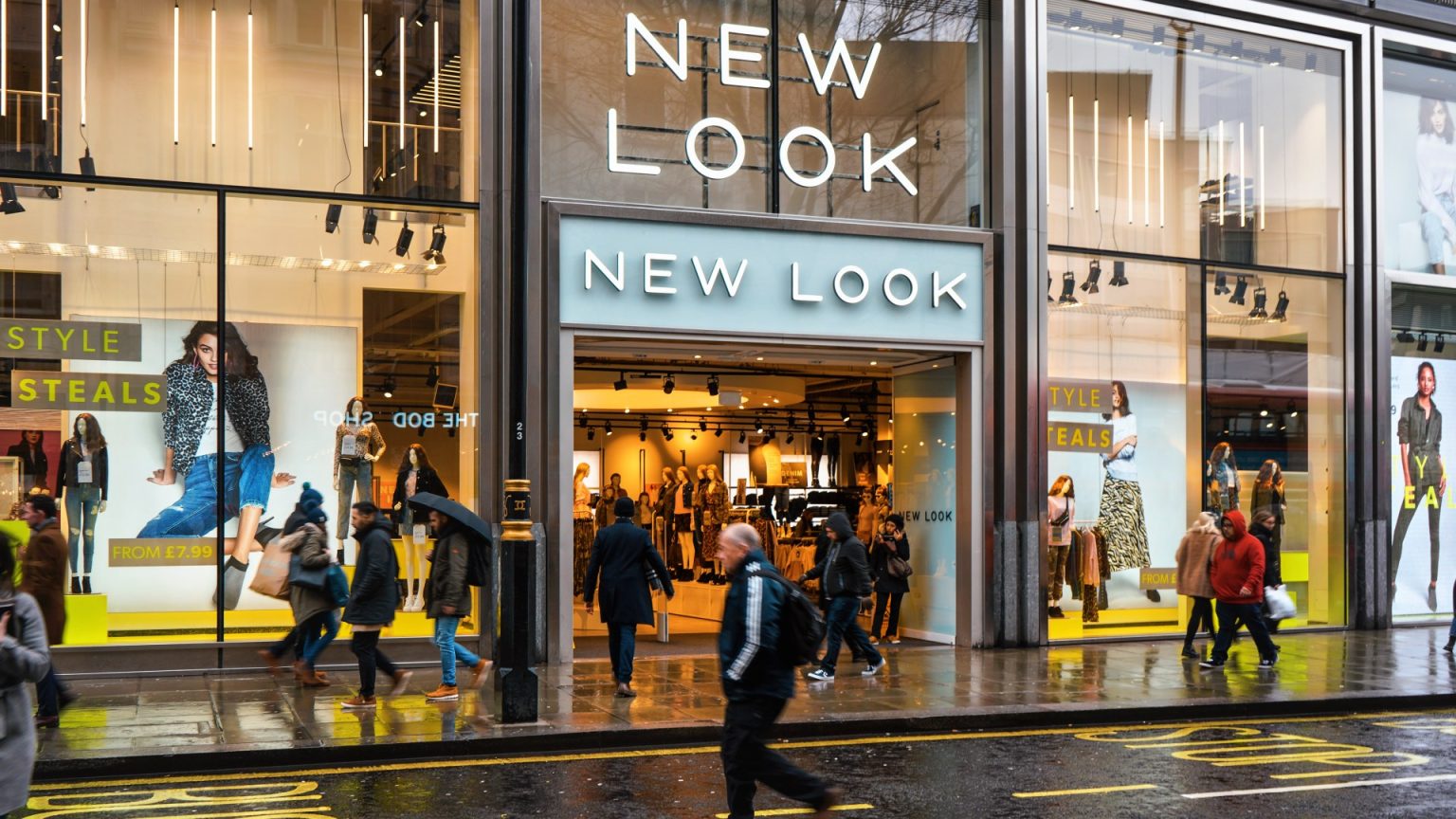The impending closure of a New Look store in Loughborough’s Carillon Court Shopping Centre has ignited local concerns about the town center’s decline. The closure, scheduled for January 21st, follows a string of recent departures from the shopping center, including Vision Express, HM Samuel, and The Body Shop. This exodus of retailers has fueled speculation about the shopping center’s future, with some locals fearing that Loughborough is becoming a “ghost town.” Rumors suggest that the site might be converted into student accommodation, but no official confirmation has been released. The local council has urged the shopping center’s owners to provide clarity on their plans. While the New Look closure aligns with the general trend of retailers leaving the center, it comes amid broader challenges for the company, which is reportedly considering further store closures due to rising costs, particularly the impending National Insurance hike.
The situation in Loughborough reflects a wider crisis on the UK high street. Retailers are grappling with a confluence of pressures, including the shift to online shopping, high business rates, escalating operational costs, and squeezed consumer spending power due to inflation. The Centre for Retail Research predicts a grim outlook for 2025, forecasting the closure of 17,350 retail sites and the potential loss of 202,000 jobs. This follows a challenging 2024 which saw 13,000 shops close, a significant increase compared to the previous year.
The retail sector is bracing for further pain in 2025. The British Retail Consortium estimates that the government’s planned increase in employer National Insurance contributions will add £2.3 billion to the sector’s costs. This, coupled with rising inflation, is expected to lead to widespread price increases. A British Chambers of Commerce survey revealed that more than half of businesses plan to raise prices by early April, primarily driven by escalating employment costs.
The closure of the New Look store in Loughborough is not an isolated incident. Several other retailers across the UK are also shutting down branches. Fashion chain Monki, owned by H&M, recently announced the closure of all its high street stores. The Body Shop is closing five branches, while WHSmith and The Entertainer are also shutting down locations. These closures highlight the ongoing challenges faced by brick-and-mortar retailers in the current economic climate.
While New Look’s departure from Loughborough is believed to be independent of any broader closure plans, the company has acknowledged the possibility of further closures ahead of the National Insurance increase in April. Approximately a quarter of New Look’s 364 stores are reportedly at risk when their leases expire. The company has already undergone two rounds of store estate restructuring in recent years, reducing its portfolio from around 600 stores in 2018. This highlights the ongoing need for retailers to adapt to changing market conditions.
The challenges facing the retail sector are not solely confined to individual businesses. The closure of numerous high street stores has a knock-on effect on local communities, creating “ghost towns” and diminishing the vibrancy of town centers. The situation in Loughborough underscores the need for a proactive approach to address the underlying issues affecting the high street, including exploring alternative uses for vacant retail spaces and supporting local businesses. The future of the high street remains uncertain, with experts predicting a bleak outlook for 2025 and beyond.











